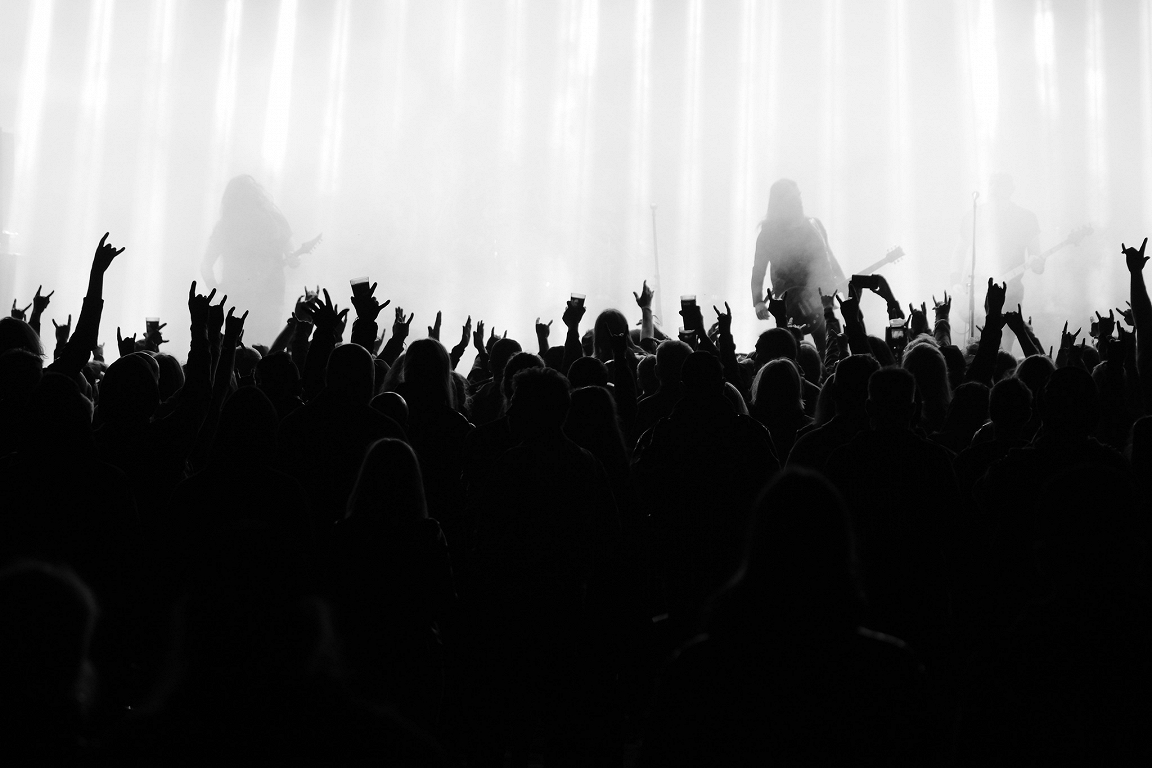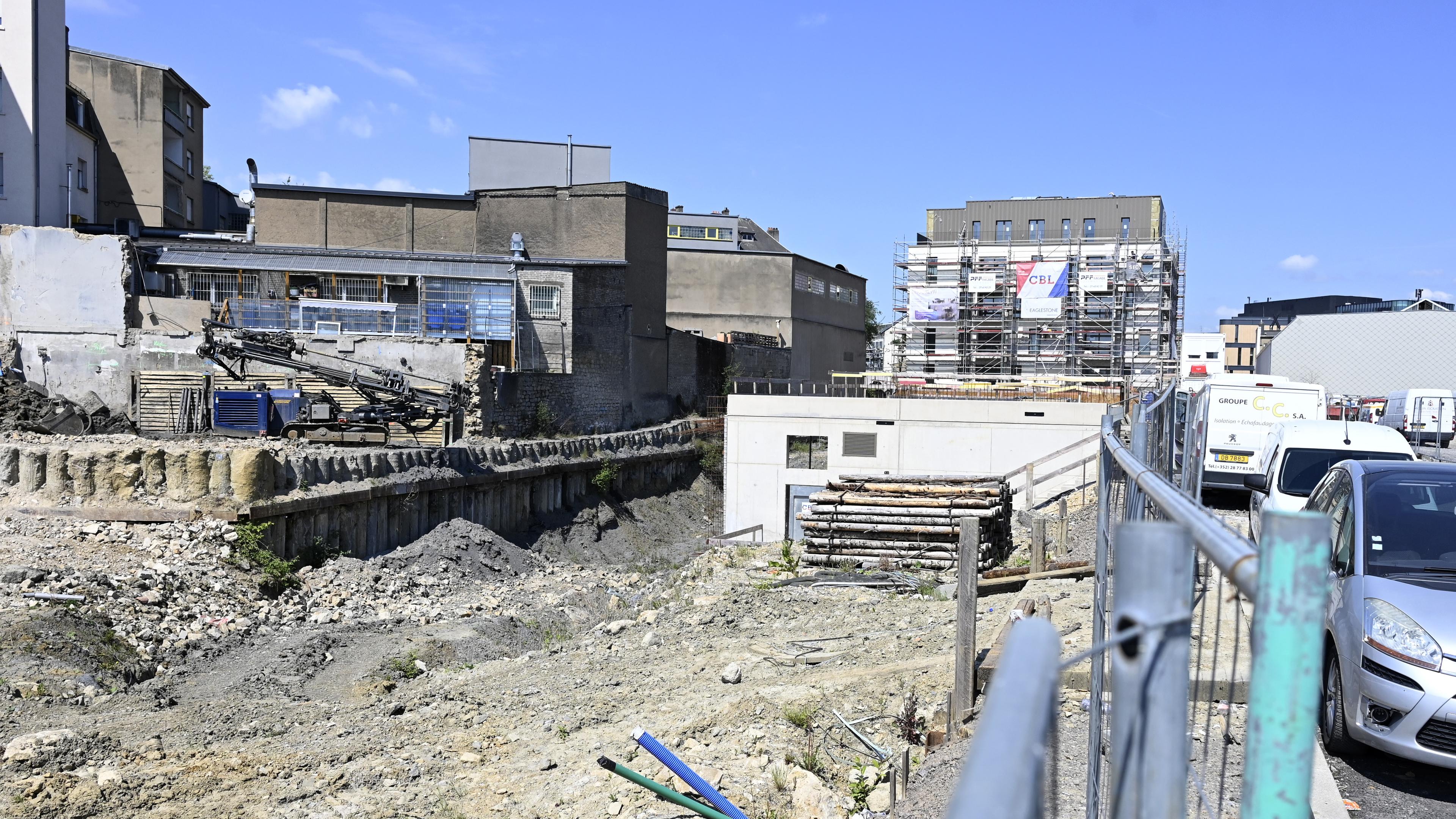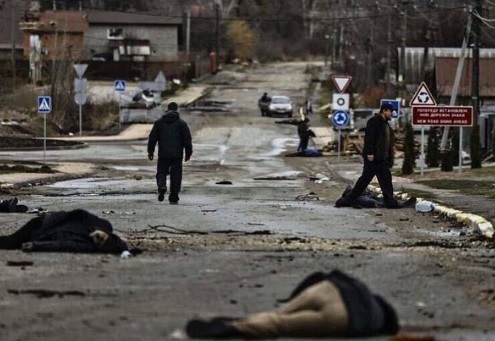Continue to commemorate the war on behalf of the Netherlands, he found an honor and important ‘for all those who are no longer there’
/s3/static.nrc.nl/images/gn4/data132185222-3d1b07.jpg)
An applause knitted over the square in Arromanches. It was June 6, 2024 and Max Wolff, the last-living Dutch Normandy veteran, had just laid a wreath to commemorate the 80th anniversary of D-Day, the Allied landing in France. Prime Minister Rutte was there too and had had a conversation with ‘Mr. Max’, he said to NRC. « If people like he hadn’t started fighting, there would have been swastikas here. »
Wolff, of whom the Ministry of Defense announced this Tuesday that he died, was gilded with all the attention that he received in Normandy. « I think it is extremely special to be here now. I could never have imagined that at the time that I would do this ceremony eighty years later. »
Max Wolff was born in 1926 in a Jewish family in Arnhem. His father owned a wholesaler in cattle and meat. After the Germans occupied the Netherlands in 1940, their existence became increasingly unlivable. In 1942 the Netherlands family decided to flee, towards Switzerland. His sisters Kitty and Elly would be the first to go with Elly’s husband Sieg; Max and his parents followed later. He remembered: « My father spoke the words: » I wear all that I own. »
Disastrous
For his sisters and brother -in -law, the flight attempt ended disastrous. They were arrested at the Swiss border and transferred by the Swiss guards with the Germans collaborating French. Eventually they ended up in Auschwitz, where they were murdered immediately after arrival. A total of 286 family members of Wolff died in the Holocaust.
Max and his parents moved from hiding place to hiding place in Belgium. Among other things, they were in Halle near Brussels in an oxygen -poor bank vault of three by three – with « one air cooker, and a bucket for the necessary messages, » says Wolff. In mid -June 1944, the SS took part of the building into use; The chance of discovery became very high. Wolff decided to take the trip to Normandy. The Allies had landed there a week earlier.
He finally ended up behind the British front line near the city of Caen. Wolff registered for military service and was shipped to the United Kingdom. There he would be assigned to the Dutch princess Irene Brigade, but these men had left their camp to participate in the fight in Normandy.
Wolff spoke French and German fluently and was therefore classified as an interpreter with a British unit. For example, after a few weeks he ended up near Brussels, where an emotional reunion followed with his parents. In the Netherlands he experienced the so -called ‘town hall disaster of Heusden’. In the night of 4 to 5 November 1944, the Germans blew up the Stadhuistoren van Heusden. At that time, hundreds of citizens hid in the basement for allied shelling. Wolff helped in the following days with the storage of the total of 134 fatalities.
Wolff’s hearing was permanently damaged by days -long artillery shoots during the Battle of the Ardennes at the end of 1944. In April 1945 his war reached a horrible apotheosis when he landed in front of the gates of the Bergen-Belsen concentration camp. « The terrible things I have seen there have remained with me to this day, » he said later.
After the liberation it seemed that Wolff should serve in the Dutch East Indies, but thanks to an intervention from his parents, participation in the decolonization war was spared him. Wolff ran a wholesaler in stockings and socks until his retirement, married Marion Artist and they had three daughters.
Heavy books
In a conversation with NRC His daughter Batya told this month that death and the war ‘always present’ were at home. Her father contained his family history in Kilo’s heavy books. He also prepared indexes with as much personal data as possible from each family member, including death.
Max Wolff has visited numerous ‘last’ commemorations of the Second World War with his second wife Carla in recent years. In 2019 he said in Terneuzen that he thought it was a « great honor » to be allowed to represent the Netherlands on such occasions « I am especially there for all those who are no longer there. I think it is important that we continue to remember. »
So in June last year he was in Normandy and in September he gave the presence at the commemoration of the Battle of Arnhem. At the festivities on 5 May in Wageningen, he had to fail to fail this year because of his poor health. He liked to get there, because he thought passing on the story of the war is important, in mind a phrase from the book Joël from the Jewish Bible: « Tell your children, let your children tell their children and their children again to the next genus. »

:format(webp)/s3/static.nrc.nl/wp-content/uploads/2025/03/10103633/data128657291-ebcd99.jpg)
/s3/static.nrc.nl/images/gn4/data132180508-4e324b.jpg)
/s3/static.nrc.nl/wp-content/uploads/2025/05/13190933/ANP-522430340.jpg)



